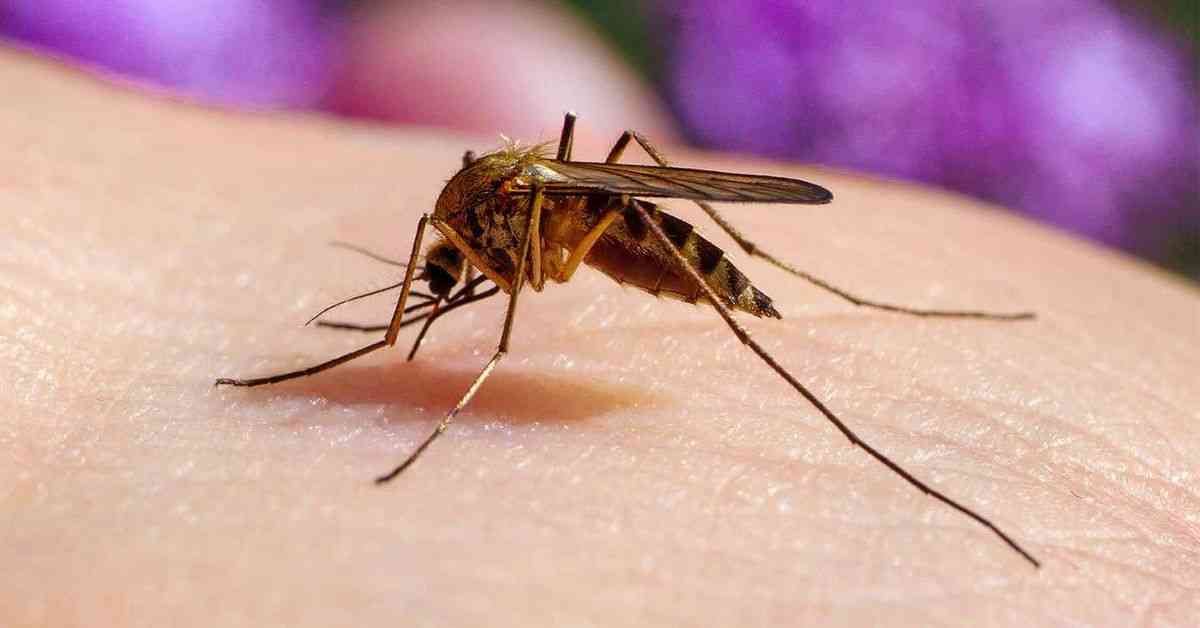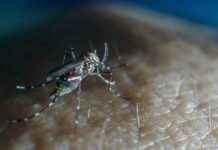Japanese Encephalitis Case Detected in Victoria: Summer 2021 Update
A case of Japanese encephalitis has been confirmed in a resident of northern Victoria, sparking an alert from Victoria Health. This marks the first instance of the mosquito-borne virus being identified in Victoria this summer. Environmental surveillance has also detected the virus in northern Victoria, as well as in mosquitoes and feral pigs in New South Wales during the same period.
Dr. Christian McGrath, Acting Chief Health Officer, emphasized the significance of these findings, stating that the JE virus is likely circulating in northern Victoria this summer. He stressed the importance of taking measures to avoid mosquito bites, as the risk of mosquito-borne diseases remains high in the upcoming weeks.
### The Threat of Japanese Encephalitis
Japanese encephalitis, a flavivirus similar to dengue and yellow fever, can result in a rare but severe brain infection transmitted through mosquito bites. Symptoms may include fever, vomiting, and headaches. While cases of Japanese encephalitis were first reported in Victoria in 2022, residents and travelers to northern Victoria, particularly in riverine regions and near the Murray River, are at a heightened risk of infection.
### Protective Measures and Vaccination
To mitigate the risk of Japanese encephalitis, individuals are advised to take precautions against mosquito bites. Moreover, the Japanese encephalitis vaccine is available free of charge for individuals deemed most susceptible to exposure to the virus. This includes residents in 24 local government areas in northern Victoria classified as ‘high-risk.’
### Stay Informed and Protected
As the threat of Japanese encephalitis looms over northern Victoria this summer, staying informed and taking preventive measures are crucial to safeguarding public health. By remaining vigilant and proactive, individuals can reduce the risk of mosquito-borne infections and protect themselves and their communities from this potentially serious virus.
Incorporating simple steps, such as using insect repellent and wearing protective clothing, can go a long way in preventing mosquito bites. Additionally, being mindful of standing water sources and maintaining a clean environment can help eliminate mosquito breeding grounds. By working together and prioritizing health and safety, we can combat the spread of Japanese encephalitis and ensure a safer and healthier summer for all.

















